The Real Chernobyl: Q&A With a Radiation Exposure Expert
We talked with Lydia Zablotska, MD, PhD, about the real-life health impacts from the disaster portrayed in the HBO miniseries.
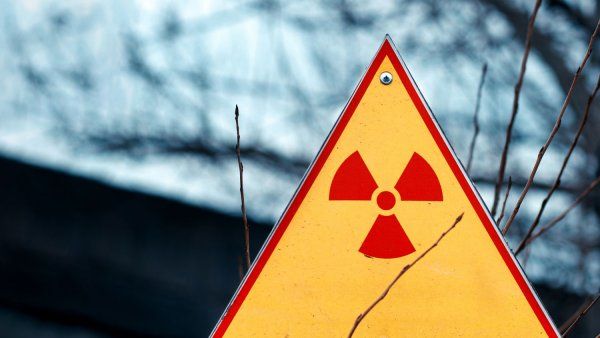
University of California San Francisco
Give to UCSFWe talked with Lydia Zablotska, MD, PhD, about the real-life health impacts from the disaster portrayed in the HBO miniseries.

Using advanced technology, scientists have discovered an autoimmune disease that appears to affect men with testicular cancer.
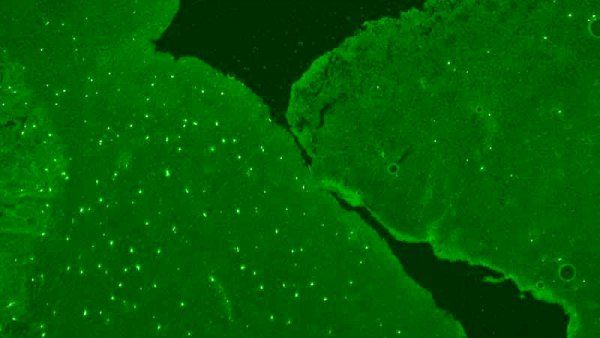
Today, our understanding of glioma subtypes has expanded to include the molecular and genetic variants that can influence a tumor’s development, prognosis, and response to treatment.
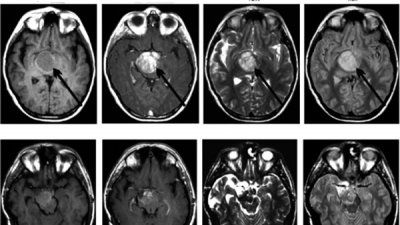
Newly discovered radiation-resistant stem cells are normally rare and inactive (left), but they take on a major role in muscle repair when regular stem cells are damaged by radiation (right). Credit:
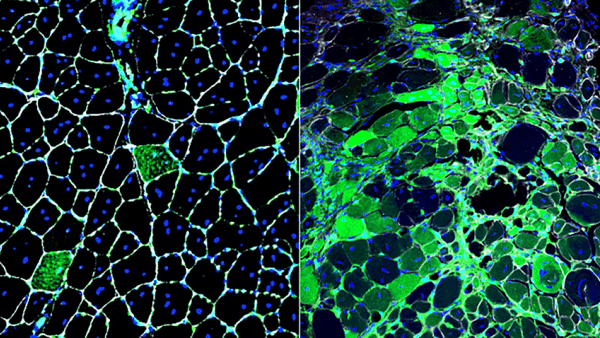
UC San Francisco scientists have designed a large-scale screen that efficiently identifies drugs that are potent cancer-killers when combined, but only weakly effective when used alone. Using this
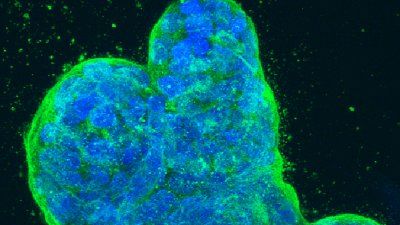
Image courtesy of the National Cancer Institute Immunotherapy drugs known as checkpoint inhibitors have revolutionized cancer treatment: many patients with malignancies that until recently would
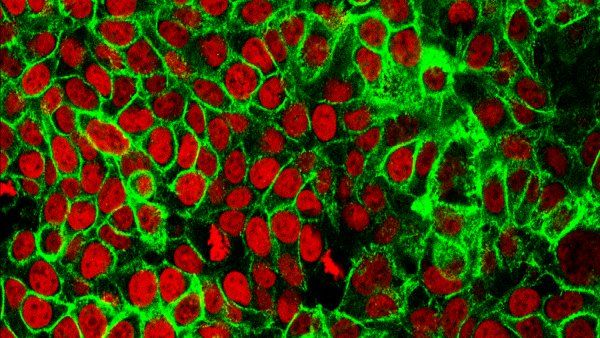
Chemtai Mungo, MD, MPH, is committed to tackling the public health effects of gender inequality and helping to improve cervical cancer screening in Kenya.
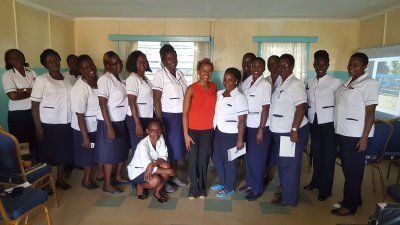
Regular use of a common type of medication, such as aspirin and ibuprofen, significantly improves survival for a third or more patients with head and neck cancer, a new study led by UCSF has found.

UCSF's Thea Tlsty is a winner of the “Grand Challenge” competition sponsored by Cancer Research UK. Her international team will receive $26 million to uncover how chronic inflammation causes cancer.
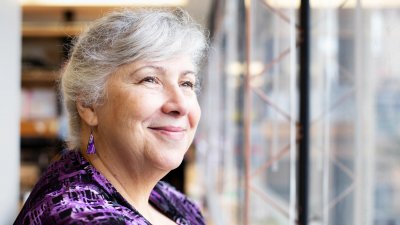
In laboratory experiments, UCSF researchers successfully beat back the growth of aggressive liver cancers using a surprising new approach.

The amount of radiation that patients are exposed to from CT scans varies widely between institutions and countries, and is largely due to differences in the technical settings of the scanning machines.
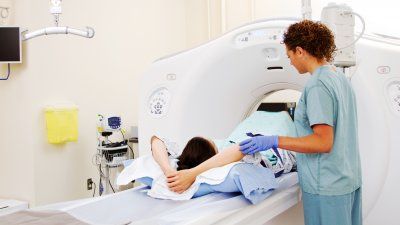
Study, led by UCSF, raises intriguing questions about whether the biology of low-risk prostate cancer in black men is distinct from that of other ethnicities.

From sensory processing disorder to how CRISPR is being explored to bring new treatments to patients, these are the stories that most engaged our readers in 2018.
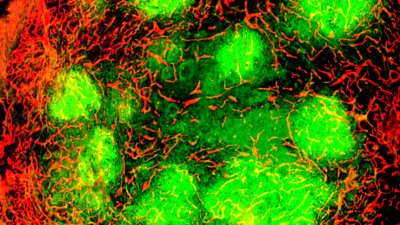
Anxiety and depression may be leading predictors of conditions ranging from heart disease to headaches, having similar effects as long-established risk factors like smoking and obesity.

UCSF scientists have figured out why some lung cancers become drug-resistant after initially responding to targeted therapies.
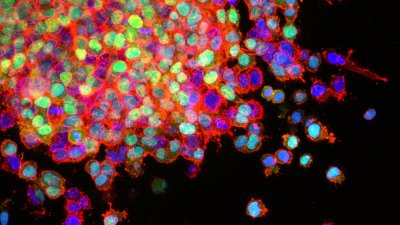
UCSF researchers have devised a CRISPR-based system called SLICE, which will allow scientists to rapidly assess the function of each and every gene in “primary” immune cells.
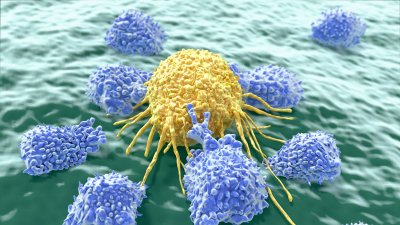
Using a mouse model, researchers showed that a drug that temporarily suppresses a key component of the brain’s immune system can prevent radiation-associated cognitive decline.

Study found that simple cysts are normal, extremely common and aren’t linked to a higher risk of ovarian cancer. As a result, unless they are symptomatic, simple cysts can be safely ignored.

UCSF demonstrates that cancer is a clever engineer, capable of constructing entirely new disease-promoting networks out of raw materials readily available in the cell.

The Quantitative Biosciences Institute attracts investigators on the basis of the tools and techniques they employ, rather than the diseases they study.

Claims by the tobacco industry that heated tobacco products (HTPs) are safer than conventional cigarettes are not supported by the industry’s own data and are likely to be misunderstood by consumers.

A new blood test for children with brain tumors offers a safer approach than surgical biopsies and may allow doctors to measure the effectiveness of treatment even before changes are identified on scans.

Scientists at UCSF and Boston Children’s Hospital have developed a new technique for making mice with brains that combine the genetics of two different mouse strains.

Ten UCSF postdocs competed to explain complex research in simple language – and in three minutes or less – in the third annual Postdoc Slam held Sept. 26.
